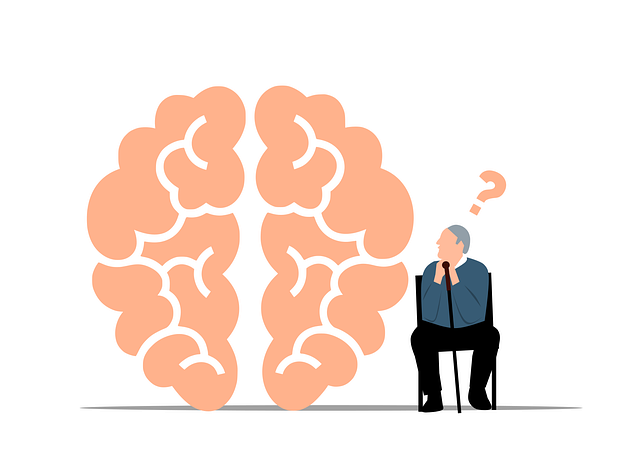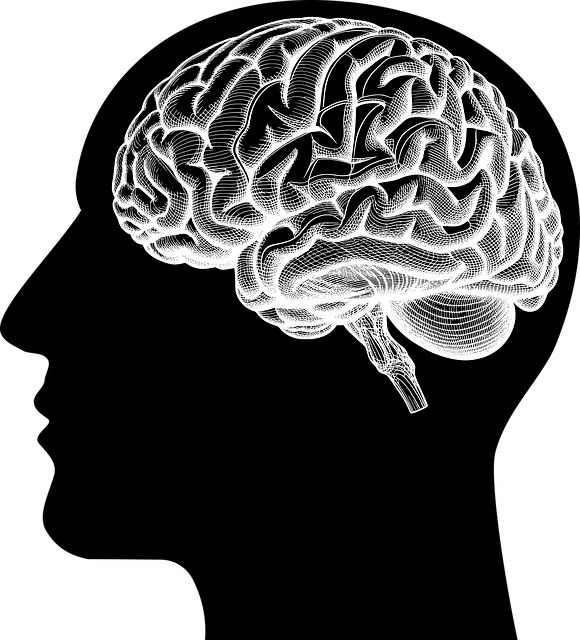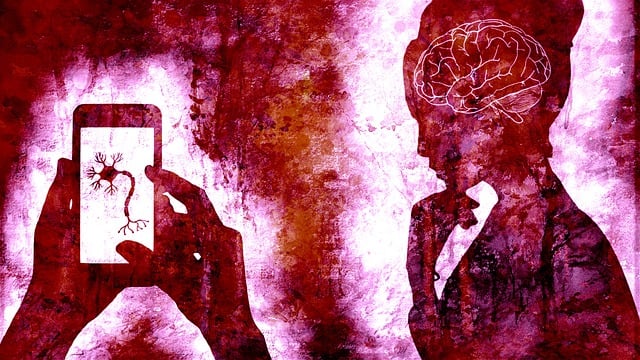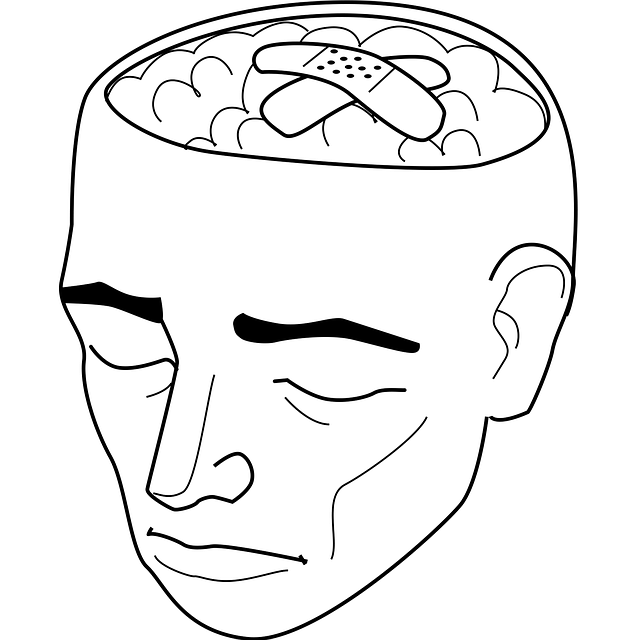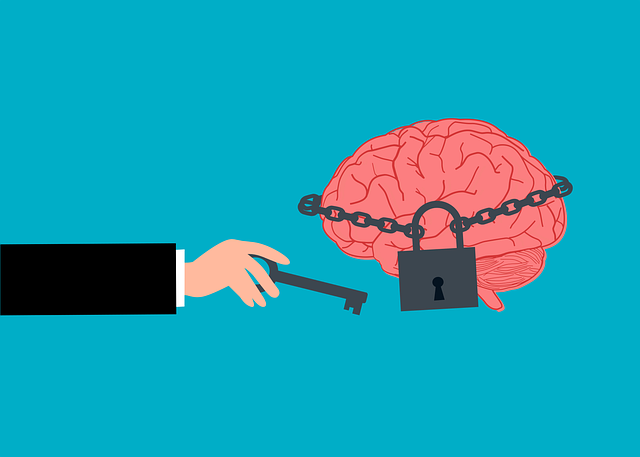Mental health advocacy in trauma-affected communities, like Lafayette, is crucial. Organizations like Lafayette Abuse Survivors Therapy (LAST) provide tailored coaching, risk assessments, and support groups to break down stigma and enhance access to care. LAST's multifaceted approach includes therapy, public awareness campaigns, and social skills training, fostering a culture of proactive mental well-being and resilience. By sharing inspiring advocacy stories, these programs empower survivors to navigate trauma and advocate for their emotional health.
Mental health advocacy initiatives are pivotal in fostering societal awareness, understanding, and support for individuals grappling with mental illness. This article delves into the transformative power of such efforts, highlighting success stories like Lafayette Abuse Survivors Therapy (LAST). We explore strategies for effective advocacy, address challenges, and share inspiring tales from the field, emphasizing the urgent need for continued push towards a more inclusive and supportive environment for mental health.
- Understanding Mental Health Advocacy: A Necessary Call to Action
- The Impact of Initiatives Like Lafayette Abuse Survivors Therapy
- Strategies for Effective Mental Health Advocacy
- Overcoming Barriers: Challenges and Solutions in Advocacy
- Inspiring Stories: Successes and Lessons from the Field
Understanding Mental Health Advocacy: A Necessary Call to Action

In today’s world, mental health advocacy is a necessary call to action, especially in communities like Lafayette where survivors of abuse often face unique challenges. Mental health advocacy initiatives play a crucial role in raising awareness, challenging stigma, and ensuring access to quality care for individuals struggling with their mental well-being. Through these efforts, we aim to create a supportive environment that fosters empathy building strategies and encourages open conversations about mental wellness.
Lafayette Abuse Survivors Therapy (LAST) is one such initiative focused on the development of mental wellness coaching programs tailored to the specific needs of survivors. Recognizing the importance of comprehensive risk assessment for mental health professionals, LAST prioritizes training and education to mitigate risks and enhance client safety. By implementing these strategies, we not only empower individuals to take control of their mental health but also contribute to a more empathetic and supportive societal landscape.
The Impact of Initiatives Like Lafayette Abuse Survivors Therapy

Lafayette Abuse Survivors Therapy (LAST) serves as a powerful example of how targeted mental health advocacy initiatives can profoundly impact communities plagued by trauma and abuse. By focusing on survivors, LAST provides a safe space for individuals to process their experiences, fostering healing through therapy and support groups. This initiative recognizes the critical link between addressing past traumas and promoting long-term mental well-being.
Through its programs, LAST equips participants with essential conflict resolution techniques tailored to their unique needs. By raising public awareness about abuse and its lasting effects, these campaigns contribute to a broader movement of Mental Health Awareness, enabling individuals to recognize signs of distress and seek help proactively. The development of such initiatives is pivotal in breaking down societal barriers related to mental health discourse, ultimately leading to more resilient and supportive communities.
Strategies for Effective Mental Health Advocacy

Mental health advocacy initiatives require a multi-faceted approach to be truly effective. One key strategy is Lafayette Abuse Survivors Therapy (LAST), which focuses on providing specialized support for individuals who have experienced trauma. By creating safe spaces and offering evidence-based practices, LAST helps survivors develop coping mechanisms tailored to their unique needs. This personalized approach not only facilitates healing but also empowers individuals to become advocates for their mental well-being.
Complementing these efforts are Social Skills Training and Stress Reduction Methods, which aim to build resilience and foster healthy relationships. Programs that teach mindfulness, meditation, and other relaxation techniques can significantly aid in depression prevention. Equipping individuals with tools to manage stress proactively contributes to a more robust mental health framework. Additionally, social skills training helps break down barriers, encouraging open conversations about mental health challenges and fostering supportive communities.
Overcoming Barriers: Challenges and Solutions in Advocacy

Advocacy for mental health is a complex process, often fraught with barriers that must be overcome to ensure effective support and awareness. One significant challenge lies in reaching and supporting individuals who may be hesitant to seek help due to stigma, fear of judgment, or lack of access to resources. For instance, those who have experienced trauma, such as abuse survivors, might face unique obstacles in their journey towards healing. Organizations like Lafayette Abuse Survivors Therapy play a vital role by providing specialized services tailored to these populations. They offer safe spaces for individuals to process their experiences and develop coping mechanisms, thereby fostering resilience.
To address broader mental health concerns, initiatives should aim to destigmatize conversations around depression prevention, stress management, and positive thinking. Educational campaigns and community outreach programs can empower people to recognize the importance of mental well-being and take proactive steps towards care. By combining targeted support for vulnerable groups with widespread awareness efforts, society can create a more inclusive and supportive environment where everyone has access to the resources needed to thrive.
Inspiring Stories: Successes and Lessons from the Field

Inspiring stories from the field of mental health advocacy highlight the profound impact of dedicated efforts and innovative initiatives. Programs like Lafayette Abuse Survivors Therapy (LAST) exemplify success in healing and empowerment, showcasing that with proper support, individuals can overcome adversity. By sharing these narratives, we gain valuable insights into effective strategies for promoting emotional well-being.
Through LAST’s tailored therapeutic approaches, participants have found solace and developed inner strength. This journey often involves navigating complex emotions and past traumas, but it also equips them with essential conflict resolution techniques. The program’s holistic nature focuses not just on healing wounds, but also on fostering resilience, enabling survivors to thrive despite challenges. These stories serve as a reminder that with the right resources, individuals can transform their lives, spreading hope for a brighter future and inspiring others to advocate for mental health.
Mental health advocacy initiatives, such as Lafayette Abuse Survivors Therapy, demonstrate the profound impact passionate individuals can have on transforming lives. By understanding the importance of advocacy and employing effective strategies, we can overcome barriers and create a more supportive landscape for mental well-being. Inspiring stories from the field reinforce that, with dedication and resilience, positive change is achievable. Let us continue to champion mental health causes, inspired by these successes, to ensure everyone receives the care they need.

